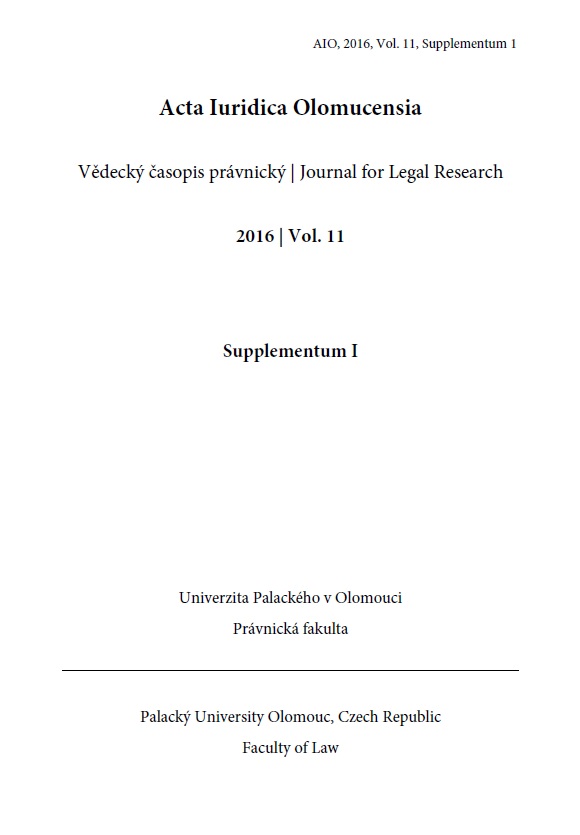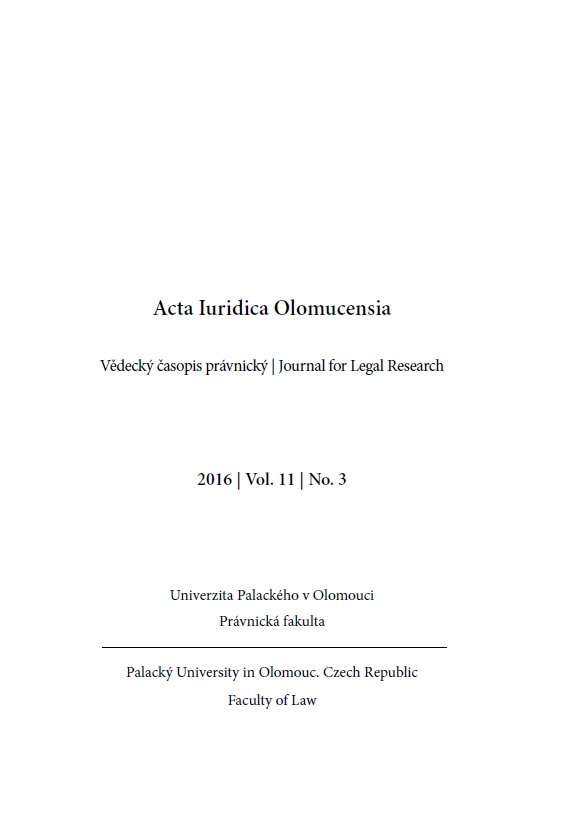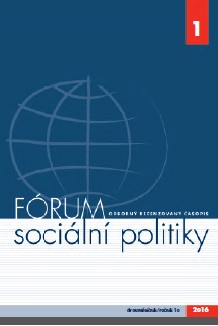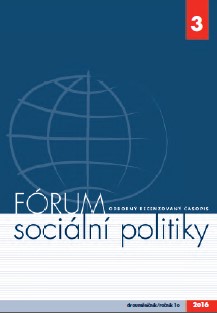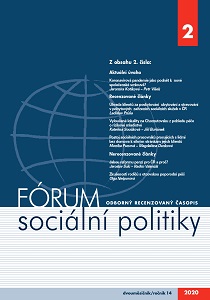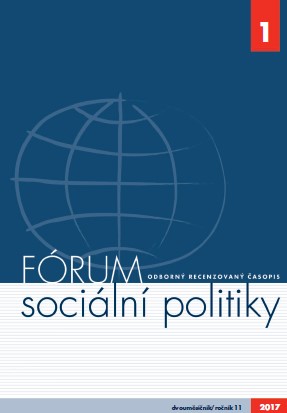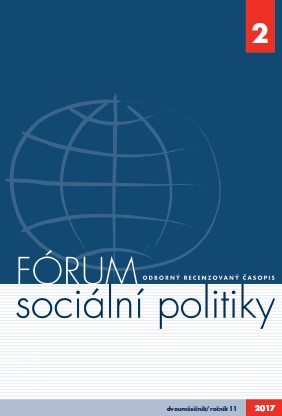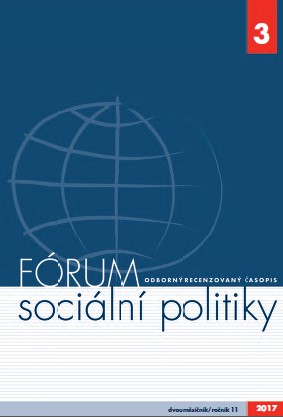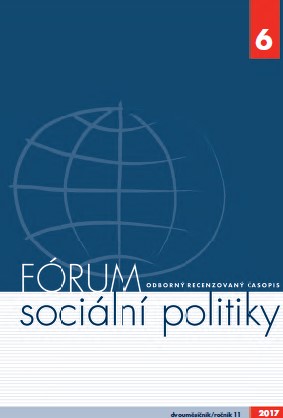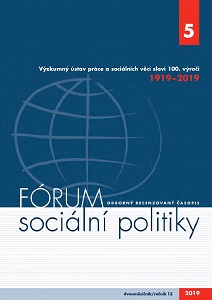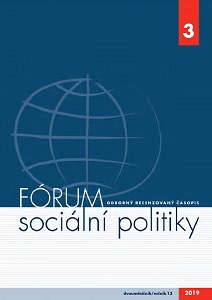Author(s): Uju Regina Ezenekwe,ANAYO NKAMNEBE,Maria Chinecherem Uzonwanne,GERALDINE EJIAKA NZERIBE,Chekwube Vitus Madichie / Language(s): English
Issue: 15/2022
Purpose: The new scramble for Africa is marked by an influx of direct investment for the extraction and exploitation of the region’s natural resources, which has undoubtedly boosted the expansion of African commodities such as oil and minerals, as well as promoting rapid economic growth in several countries in the continent. Regrettably, Africa’s labour has been largely ignored, as most oil and mineral investments are capital-intensive and are likely to displace labour in local production, while also jeopardizing the continent’s job prospects. The study looked at the impact of FDI in the oil sector on labour employment in ten oil-rich African countries from 1995 to 2018 as part of its investigation into the new scramble and labour in Africa.Methodology/approach: The study used the Instrumental Variable (IV) regression in the context of the system Generalized Method of Moment (SGMM) estimator, based on dynamic panel modelling.Findings: The findings suggest that foreign investments in the oil sector have a positive, but not significant, impact on African labour employment. This suggests that during the review period, foreign investment in the oil sector did not result in a considerable increase in productive job opportunities in the oil-rich African countries. This study established that the new scramble for Africa in the shape of foreign investments in the oil sector did not result in job creation in the region.Originality/value: First, there is sparse literature on oil sector FDI-employment relations in Africa and this study extends literature by employing 10 oil-rich African nations. Second, unlike prior studies, this study applied advanced econometric techniques to account for the problems of unobserved heterogeneity specific to individual countries, cross-sectional dependence, serial correlation and endogeneity issues which are common in panel data regression. Third, this study will assist policymakers in the region to develop policies that will maximize the gains from the oil sector in Africa.
More...
